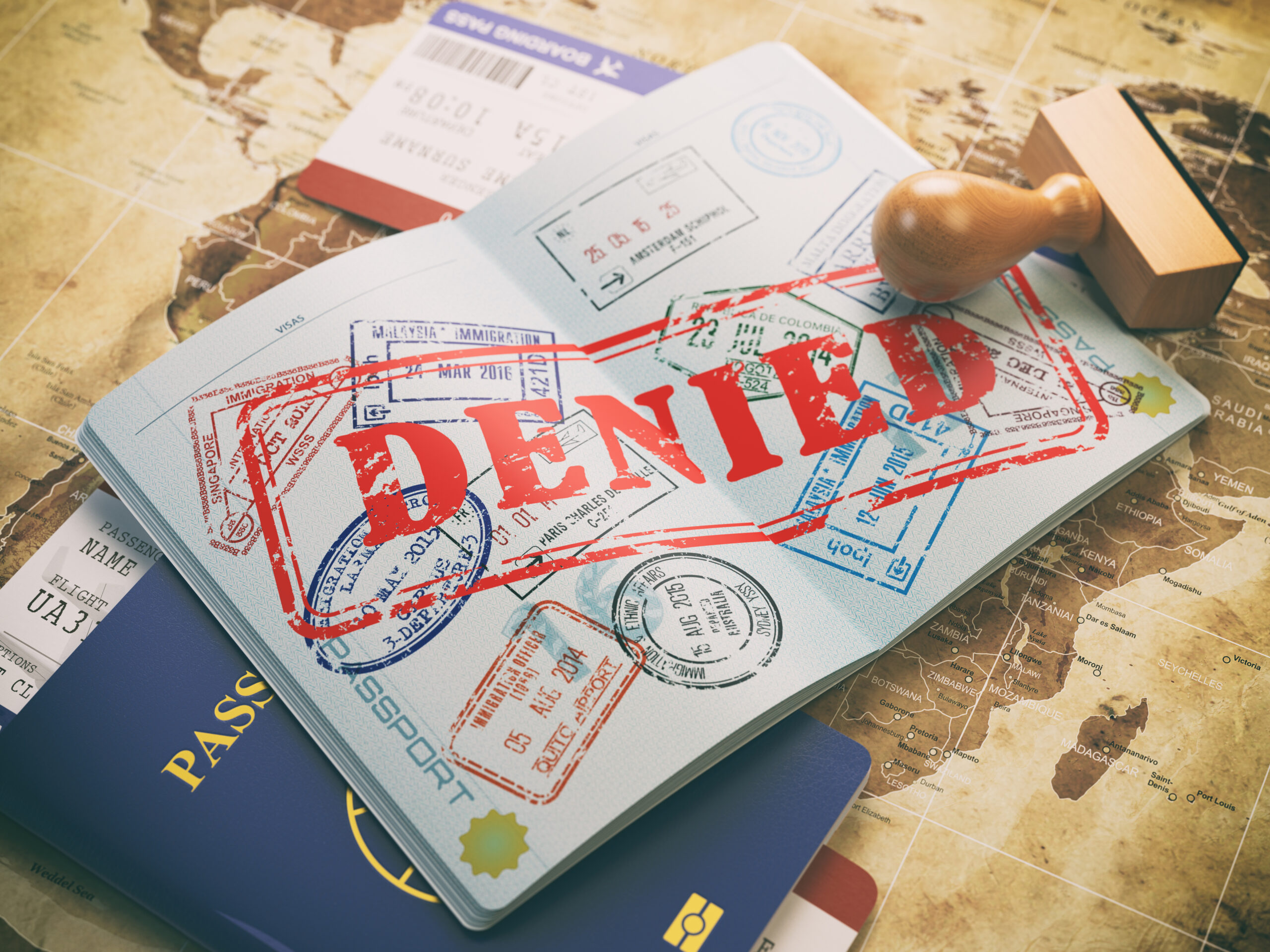The Supreme Court plays a big role in American politics, even though it’s often quiet. Its power is huge, especially in elections. Could the Supreme Court decide who wins the 2024 election?
Election integrity and democracy are at stake. The Supreme Court’s role in elections is very important. A single ruling can change everything in the election.
The Georgia Supreme Court recently made a big decision. They said Cornel West and Claudia De la Cruz can’t run for president. This decision affects Georgia’s 16 electoral votes.
This decision shows how important one word can be. It’s not just about who you vote for. It’s also about the rules that decide if they can even run.
The Supreme Court’s decisions can seem far away. But, they can really affect elections. For example, a decision in Georgia changed how elections work there.
This shows how law and politics mix. The Supreme Court’s decisions can change the election landscape. They can also lead to new laws.
These decisions aren’t just in Georgia. They happen in other states too. Like Pennsylvania, where mail-in ballots are a big issue. Every decision and ballot counts as we get closer to election day.
Understanding the Supreme Court’s Influence on Election Laws
The Supreme Court plays a key role in shaping election laws. They make important decisions in election cases in the Supreme Court. These decisions can change the rules for voting and campaign finance.
The high court’s role in politics is especially important in 2024. They will tackle big issues like voting rights and campaign finance. Their decisions will shape the rules for the 2024 elections, affecting how campaigns are run and votes are cast.
In a country where the legal framework continuously evolves, the Supreme Court’s decisions act as pivotal moments that define the political landscape.
Understanding the Supreme Court’s decisions is key to knowing their impact on politics. As we head into the 2024 elections, their rulings will have big effects. They will set new standards for voting and campaign strategies.
The connection between court decisions and political plans is strong. Everyone is watching as the Supreme Court shapes the election landscape. The outcomes of election cases in the Supreme Court could lead to big changes in how we vote and campaign.
The Supreme Court’s Role in 2024 Elections and its Historical Context
The Supreme Court is set to play a big role in the 2024 elections. It has made key decisions that affect the outcome of elections. Cases like Bush v. Gore and Citizens United v. FEC have shaped election laws and campaign financing.
These decisions are crucial and can change the course of national governance. They show the legal influence on election results.
The legal influence of the Supreme Court on our democracy is huge. Its decisions affect our electoral process, shaping how power is given out.
This year, the Supreme Court will face cases that could change election results. State courts, like Georgia’s, have made decisions that reflect the Supreme Court’s role. This adds complexity to the 2024 election battles.
The Supreme Court’s decisions in 2024 will be just as important as in the past. Legal experts and the public are watching closely. They believe these decisions will impact trust in the electoral process.
Looking at the Supreme Court’s historical election decisions helps us guess what might happen in 2024. As the country gets ready for another election, the Supreme Court’s power is a big topic. It’s all about democracy and governance in America.
Major Cases in 2024: Potential Impact on the Electoral Landscape
The Supreme Court is set to handle major cases in 2024. These cases could change how elections work in America. They might deal with voter ID laws, gerrymandering, and campaign finance rules.
These decisions could change how political parties and candidates plan. They show how the judicial impact on elections is big.
These important cases will make Supreme Court and election laws a big topic. The major cases in 2024 will set new rules. These rules could change how many people vote, how campaigns are run, and who has power in government.
These decisions will also affect how much people trust and participate in democracy. A recent study on major national events and their significance shows how important these moments are. They can either help or hurt democracy, depending on how fair they seem.
The Supreme Court’s role in these major cases in 2024 is huge. It’s not just about the law. It’s about making sure every vote counts and elections are fair. Everyone will be watching to see how these decisions affect America’s democracy.
Legal Influence on Election Results: Public Perceptions and Trust
As the 2024 United States elections get closer, the Supreme Court is under more scrutiny. People’s trust in the Supreme Court depends on how it handles election-related cases. When the court is transparent and fair, it strengthens trust in elections.
Studies show that the court’s decisions can shape public opinion on election legitimacy. This is crucial for maintaining faith in the democratic process.
Recent surveys reveal a big challenge: making elections inclusive. For example, over 275,000 transgender voters might be blocked from voting because of ID issues. This has led to many in the LGBTQ+ community, especially trans and BIPOC trans adults, to stay away from voting.
States with strict ID laws, like Alabama and Mississippi, make things worse. The cost of changing one’s name, up to $435 in California, adds another hurdle. This can lower voter turnout in already marginalized groups.
But the Supreme Court’s decisions can either build or break voter trust. For example, a ruling on California’s Proposition 3 could either reassure or upset voters. It depends on whether the court upholds or rejects the measure.
The political landscape, including immigration and border security, is also a factor. This is especially true as we look at social media’s role in the 2024 elections. Foreign interference in politics also tests the court’s ability to protect democracy.
It’s not just about passing laws. How these laws are communicated and implemented matters a lot. This is key to maintaining public trust and upholding democracy.















